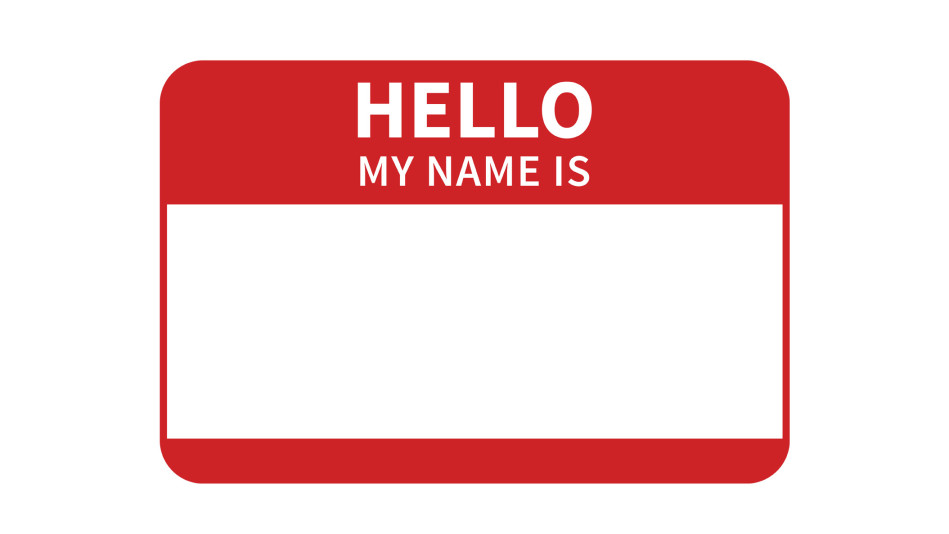When You're a Minority and People Expect You to Represent Your Entire Race
On labels and their limits.

Photo: MartialRed/istock
Growing up, I was always called Spanish. At my Queens, New York, middle school, that's what the popular girls called themselves. But they watched telenovelas on Univision and knew words to songs I'd never heard. I was raised speaking English, and my Costa Rican dad introduced me to disco, not merengue.
I was scared of the popular girls: If being Spanish meant dancing bachata or speaking the language perfectly, I knew I didn't even come close. Still, I played the tongue-clicking diva, sprinkling my speech with diques and peros and como asis while raising a perfectly tweezed eyebrow.
College inspired my political awakening—and I hung out with the community-minded sociology majors from the Office of Diversity. It was a relief to have friends of color on a campus where my blonde classmates had last names like Nordstrom. But even in the Office of Diversity, I didn't quite belong. Mexican food all seemed mushy to me, and I was constantly being schooled on our community's heroes, always sweating which Chavez (Hugo? Cesar?) was the good one. I still couldn't speak much Spanish.
Today I work in marketing. And I'm forever being asked to offer my Latina perspective: Is this something they'd like? But I don't know who "they" are. The girls I emulated in middle school? The sociology majors I organized alongside in college? I'm neither chicana, dominicana, cubana, peruana, or boricua, but I'm expected to speak for them all. So even though it makes me feel like an impostor, I do. Otherwise, my white coworkers will.
Want more stories like this delivered to your inbox? Sign up for the Oprah.com Inspiration Newsletter!
I was scared of the popular girls: If being Spanish meant dancing bachata or speaking the language perfectly, I knew I didn't even come close. Still, I played the tongue-clicking diva, sprinkling my speech with diques and peros and como asis while raising a perfectly tweezed eyebrow.
College inspired my political awakening—and I hung out with the community-minded sociology majors from the Office of Diversity. It was a relief to have friends of color on a campus where my blonde classmates had last names like Nordstrom. But even in the Office of Diversity, I didn't quite belong. Mexican food all seemed mushy to me, and I was constantly being schooled on our community's heroes, always sweating which Chavez (Hugo? Cesar?) was the good one. I still couldn't speak much Spanish.
Today I work in marketing. And I'm forever being asked to offer my Latina perspective: Is this something they'd like? But I don't know who "they" are. The girls I emulated in middle school? The sociology majors I organized alongside in college? I'm neither chicana, dominicana, cubana, peruana, or boricua, but I'm expected to speak for them all. So even though it makes me feel like an impostor, I do. Otherwise, my white coworkers will.
Want more stories like this delivered to your inbox? Sign up for the Oprah.com Inspiration Newsletter!



